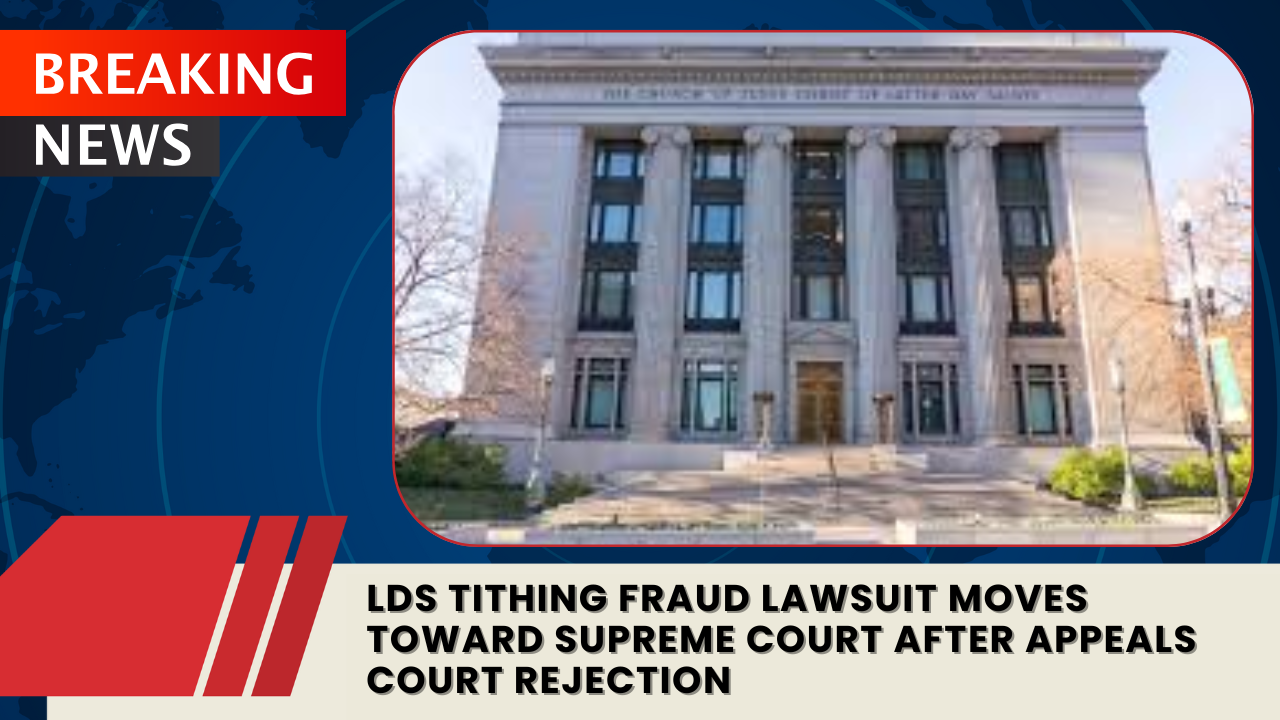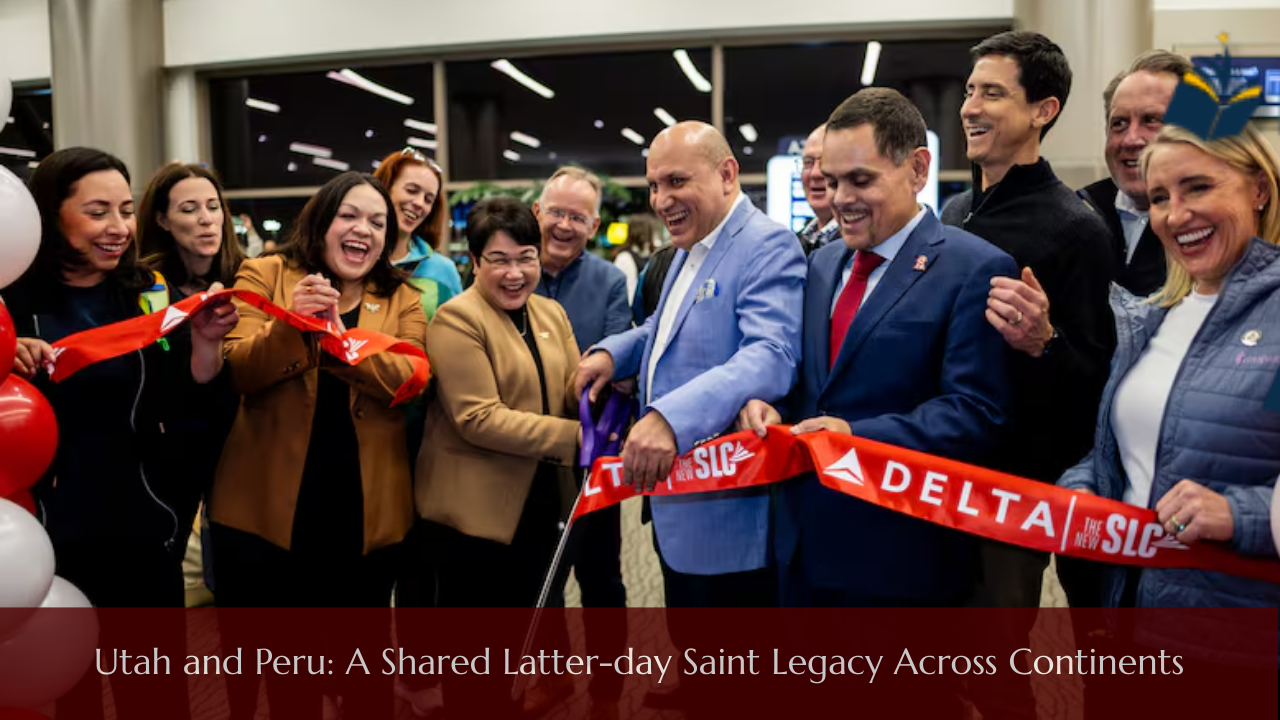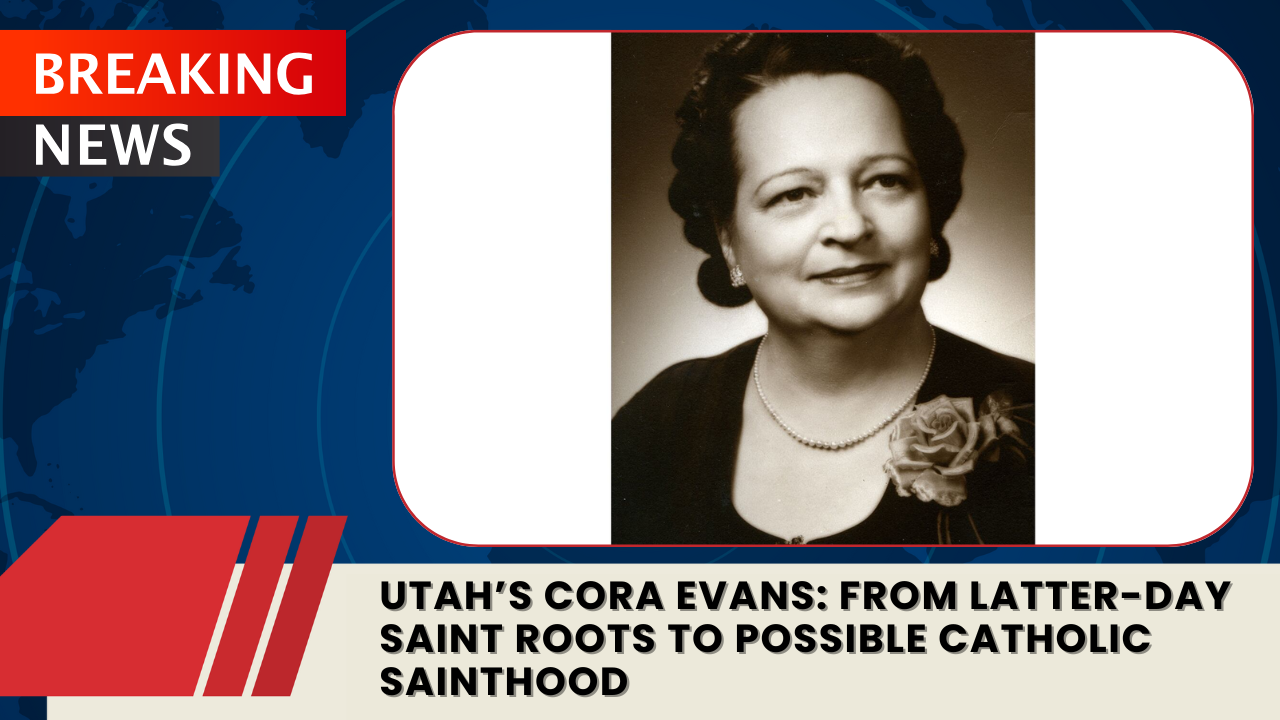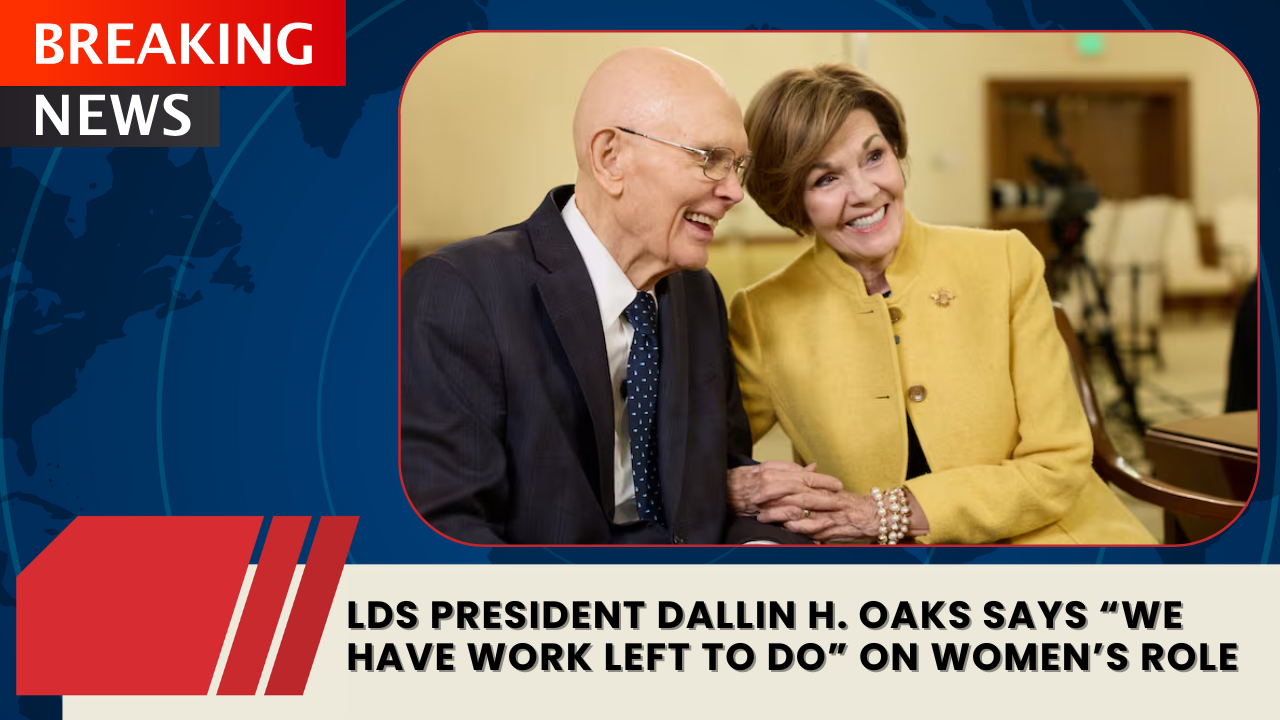A long-running legal battle accusing leaders of The Church of Jesus Christ of Latter-day Saints of fraud and racketeering is now aiming for the U.S. Supreme Court, after the 10th U.S. Circuit Court of Appeals in Denver rejected the plaintiffs’ latest appeal.
The lawsuit — originally filed in 2019 by former members Laura Gaddy, Lyle Small, and Leanne Harris — claims that LDS Church leaders intentionally misled members about both the origins of the Book of Mormon and the use of tithing funds, arguing that church representations amounted to secular fraud rather than protected religious teaching.
A Case Rooted in Faith and Legal Complexity
Federal courts have repeatedly declined to intervene in similar cases, citing First Amendment protections that shield religious institutions from judicial review of doctrine or belief.
In its recent ruling, the 10th Circuit said that determining whether church leaders made fraudulent statements would require courts to evaluate the truth or falsity of religious claims — something the Constitution prohibits.
Church attorneys have long argued that cases like this risk forcing secular courts to intrude on sacred matters of faith, setting a dangerous precedent for religious freedom nationwide.
Pattern of Rejection in Federal Courts
This latest decision marks the third major tithing-related lawsuit thrown out by federal courts in 2025 alone.
- In January, the 9th Circuit dismissed a case brought by wealthy Utahn James Huntsman, who sought a $5 million refund of his tithes.
- In April, a separate class-action suit involving nine plaintiffs was also dismissed by a Utah federal judge.
- And now, the Gaddy case has been turned back after multiple appeals, including a failed request for an en banc review — meaning a full panel of 10th Circuit judges declined to rehear the case.
Despite the setbacks, plaintiffs’ attorney Kay Burningham confirmed that her clients intend to file a petition for writ of certiorari with the U.S. Supreme Court by late December, seeking a final review.
Arguing a “Question of National Importance”
In their latest filing, the plaintiffs argue that the case raises a broader constitutional question:
“Does the First Amendment’s church-autonomy doctrine bar civil fraud claims based on a religious organization’s intentional misrepresentation of material historical facts to induce donations?”
They assert that the 10th Circuit’s decision expands the definition of church autonomy “beyond its constitutional limits,” effectively granting religious entities immunity from civil fraud claims even when secular deception is alleged.
Their appeal aims to expose what they describe as a conflict among federal and state courts regarding how far religious autonomy extends when financial misconduct is alleged under neutral, non-religious laws.
What Happens Next
The plaintiffs have asked the 10th Circuit to pause enforcement of its dismissal order until December 30, when they plan to file their Supreme Court petition.
If accepted, the case could have national implications for how courts balance freedom of religion with accountability for potential financial or organizational misconduct within religious bodies.
For now, however, the LDS Church continues to prevail in its legal defense, maintaining that civil courts cannot adjudicate matters that hinge on belief, faith, or religious interpretation — no matter how they are framed.



